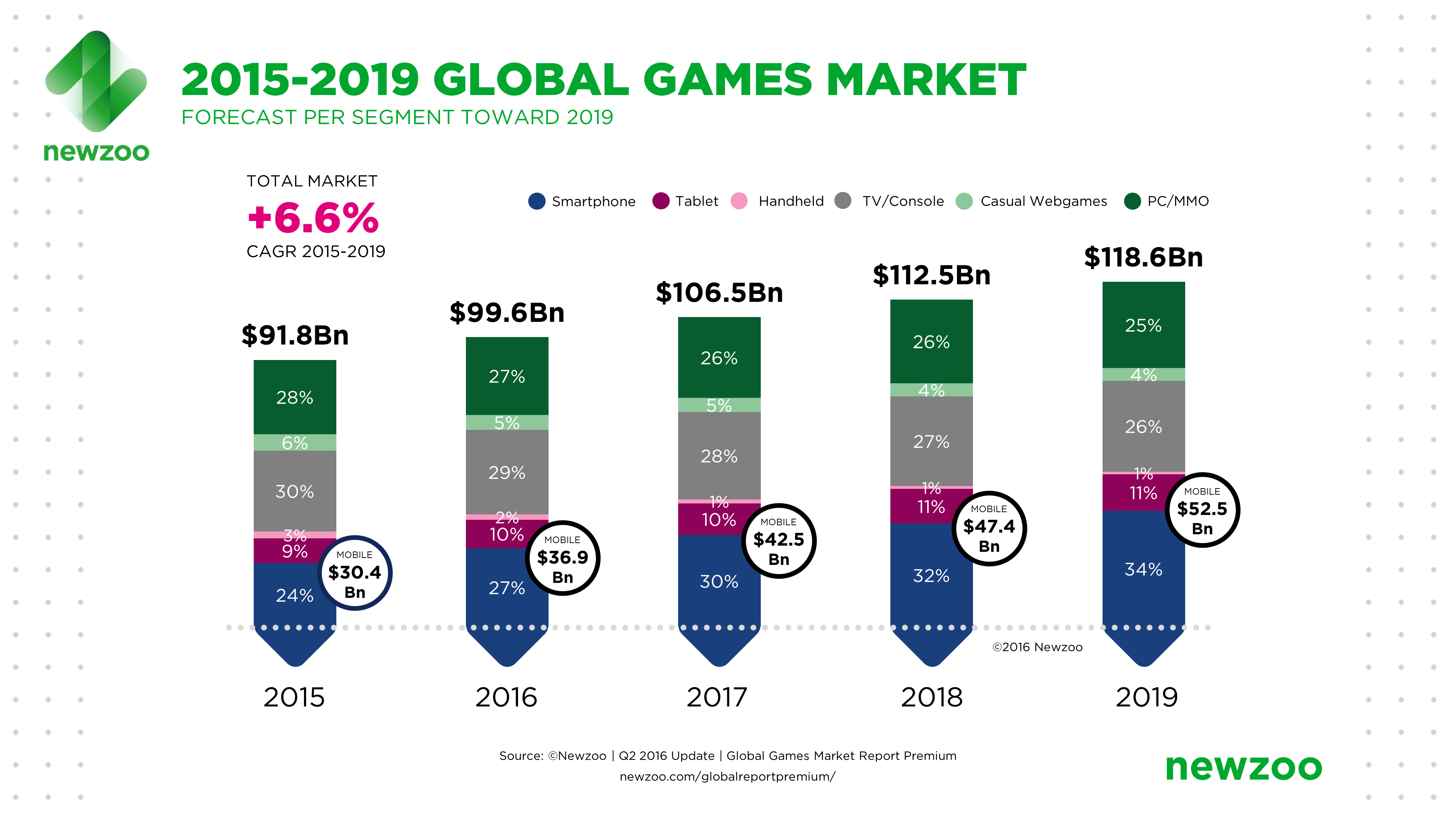Bedding Insights
Exploring the latest trends and tips in bedding and sleep comfort.
Game On: How User-Generated Markets Are Changing Playtime for Everyone
Discover how user-generated markets are transforming playtime, empowering gamers, and reshaping the future of play in exciting new ways!
The Rise of User-Generated Content: How Player Creativity is Transforming Gaming
The landscape of gaming is undergoing a remarkable transformation, largely driven by the rise of user-generated content. Gamers today are not just passive consumers but active creators, reshaping the virtual worlds they inhabit. From custom mods in titles like Skyrim to unique levels crafted in Super Mario Maker, players are showcasing their creativity and pushing the boundaries of gameplay. This phenomenon has not only enriched the gaming experience but has also fostered a vibrant community where ideas and innovations can flourish.
User-generated content is also proving vital for developers, as they increasingly recognize the value in empowering their audiences. By encouraging player creativity, companies can create a dynamic ecosystem where content creation drives engagement and loyalty. Collaborative platforms, such as Roblox and Fortnite Creative, epitomize this trend, allowing players to build and share their own games. This synergy between developers and gamers is not just transforming individual titles but is reshaping the entire gaming industry, leading to a more interactive and personalized experience.

Counter-Strike is a popular first-person shooter game that emphasizes team-based gameplay and strategy. Players can choose between two opposing teams: terrorists and counter-terrorists, each with distinct objectives. For those looking to enhance their gaming experience, using a daddyskins promo code can provide valuable in-game items and skins.
Unlocking the Game: Exploring the Benefits of User-Generated Markets
User-generated markets have emerged as a transformative concept in the digital economy, offering a unique platform for users to engage and participate in shaping the market landscape. These markets empower consumers by allowing them to create, share, and monetize their contributions, leading to increased innovation and collaboration. For instance, platforms like Etsy and Airbnb enable users to leverage their skills and resources, fostering a sense of community and shared growth. This democratization of market ownership not only meets diverse consumer needs but also enhances overall market efficiency.
The benefits of user-generated markets extend beyond individual gains; they contribute to a thriving ecosystem that propels entire industries forward. By facilitating direct interaction between producers and consumers, these markets enable businesses to gather real-time feedback and adapt swiftly to changing preferences. Moreover, this model often results in lower costs for consumers, as traditional intermediaries are minimized or eliminated. In essence, unlocking the game of commerce through user-generated markets signifies a shift towards a more inclusive and sustainable economic framework.
Are User-Generated Markets the Future of Playtime? Understanding the Shift in Gaming Dynamics
The gaming landscape is undergoing a significant transformation as User-Generated Markets gain traction, reshaping how playtime is experienced. These markets empower players to create, share, and monetize their own gaming content, making gaming not just a leisure activity but also a creative outlet and potential source of income. From mods to user-designed levels, the participation of players in content creation introduces an unprecedented level of engagement and personalization that traditional gaming models struggle to match.
As we explore this shift in gaming dynamics, it's essential to consider the implications of User-Generated Markets on the industry at large. Players are no longer passive consumers; they are active participants who contribute to the evolution of games. This democratization of content creation fosters a sense of community and collaboration among gamers, encouraging innovation and diversity in gaming experiences. With platforms like Roblox and Fortnite leading the way, the future of playtime may very well hinge on the creative contributions of its community members.